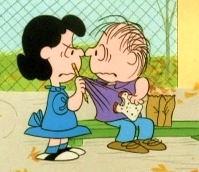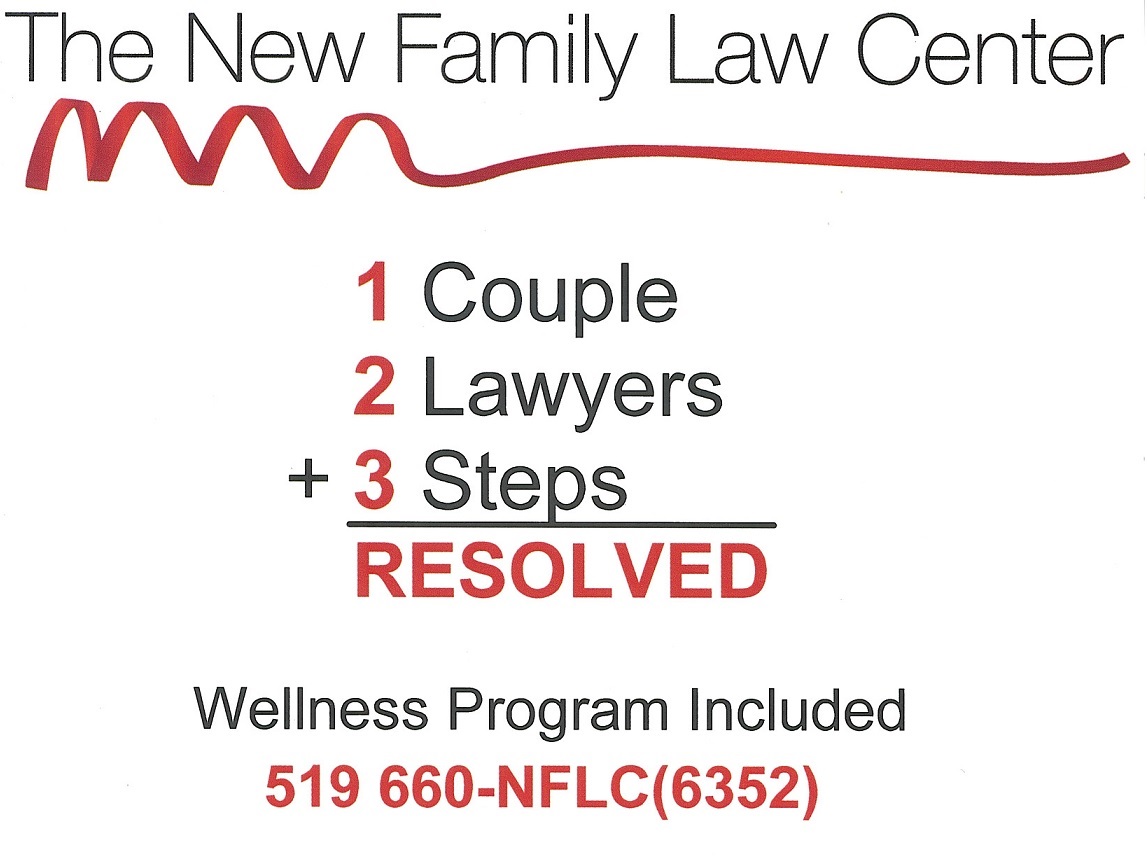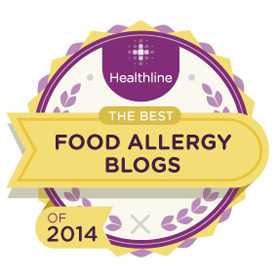 Because of my role as an allergy advocate, people often reach out to me when their allergic kids are in a tough situation. Sometimes, the issue is food allergy bullying. Reports of food allergy bullying by students AND TEACHERS have been sent to my attention by concerned parents.
Because of my role as an allergy advocate, people often reach out to me when their allergic kids are in a tough situation. Sometimes, the issue is food allergy bullying. Reports of food allergy bullying by students AND TEACHERS have been sent to my attention by concerned parents.
To be precise, bullying can include physical actions, verbal actions, and social exclusion, and it is characterized by:
- acts of intentional harm,
- repeated over time,
- in a relationship where an imbalance of power exists.
Source: Pepler & Craig, 2000; Ma, Stewin & Mah, 2001
A study published in the American College of Allergy, Asthma and Immunology (ACAAI) scientific journal reported that nearly one-quarter of individuals in all age groups have been bullied, teased or harassed because of their food allergy. The percentage jumps to 30%, when the category is limited to children only. Of those affected, 86 percent reported multiple episodes of which:
- 82% of the episodes occurred at school
- 80% of the episodes were perpetrated by classmates
- 21% reported teachers or other school staff were the perpetrators
- 79% of those bullied, teased, or harassed attributed this solely to food allergy
- 57% of those bullied described physical events, such as being touched by an allergen and having an allergen thrown or waved at them, and several reported intentional contamination of their food with their allergen
Source: http://www.annallergy.org/article/S1081-1206(10)00733-7/abstract
One of my readers shared a story about her peanut allergic son, who is bullied by his teacher continuously. There is a peanut free table where he eats lunch, but she makes him sit at it facing the wall with his back to his classmates, like being there is a punishment. The custodian went through his lunch, took out his peanut and nut free lollipops, and gave them all out to his classmates while saying “all you have in your lunch is junk.” When the teacher permits him to invite a friend with an allergy safe lunch to join him at his table, she scrutinizes them and for the slightest misbehavior, he is forbidden from having a friend join him again for a week.
Another parent reached out to me in a panic about her son’s situation. His Catholic elementary school has a school in the basement for children with mental health and educational needs that cause emotional and behavioral difficulties. The special needs students are integrated into a couple of classes with her son’s Catholic school, and during Mass at the end of the day, one of the integrated children sat next to her son and asked him if he’s the child with the peanut allergy. Her son said he is allergic, at which point the boy said “I just ate peanuts for snack” and touched him all over the collar of his shirt. Her son was terrified that he was going to get sick, but he didn’t feel comfortable telling his substitute teacher. Instead, he ran home from school crying, tore off his clothes, and scrubbed his face and neck.
This website on bullying spells out the serious consequences of bullying, but the description is inadequate when it comes to food allergy bullying. For example, I read that the stress and anxiety caused by bullying and harassment can make it more difficult for kids to learn and can cause difficulty in concentration and decrease their ability to focus, which affects their ability to remember things they have learned. Kids who are bullied feel embarrassed, battered and shamed. If the pain is not relieved, bullying can even lead to consideration of suicide or violent behavior. I submit that food allergy bullying is even more serious: Our children correctly apprehend that their life is at risk, so the bullying must be managed immediately and properly at the school. Failure to do so immediately is negligent, in my opinion: Were there a life threatening reaction from allergy bullying, the school is at risk of being held liable in negligence.
About three years ago, a $3.7 million dollar lawsuit was filed against the Catholic School Board in London, Ontario on behalf of a bullied student. The lawsuit contends that a student became the object of bullying and teasing at the school starting in 2005, and that his complaints to the principal and teachers were ignored, downplayed, and otherwise ineffectively dealt with. Neither the parents of the bullied boy nor the bully’s parents were ever contacted by the school, even when the boy was punched during lunch recess and told the school secretary and his class teacher. Later that same day, while lining up to come in from afternoon recess, the bully punched him again. This punch led to a fractured skull and a hemorrhage, brain surgery, and three metal plates in his head.
The parents argue that authorities were negligent in protecting their child under provincial education laws and the board’s own bullying-prevention and conduct policies, and in not notifying them of his injuries in a timely manner. The statement of claim filed by his parents says the principal, the playground supervisor, the office assistant, and a teacher acted with “reckless disregard” for the safety of children in their care. Also named as defendants were the boy accused of the punch and his parents. The London police department investigated the case. Thank goodness this boy has vigilant parents who were able to secure a lawyer and set a precedent aimed at controlling this potentially deadly issue.
The boy’s damages are based on having lasting permanent and personal injuries including headaches, short-term memory loss, fatigue, nausea, dizziness, and loss of fine motor skills. The consequences of a severe allergic reaction are far worse, specifically brain damage, organ damage, coma, or death, and one wonders how a damages award could ever compensate for that loss.
There are various approaches to bullying prevention, and I’ve read that the Whole School approach seems to be effective. Generally, successful Whole School preventive responses must exhibit the following key principles:
- Strong teacher and adult leadership and strong student-teacher bonding
- Clear and consistent behavioral norms
- Adult awareness and involvement
- Effective (focused and intense) supervision
- Involvement of multiple stakeholders
- Involvement of youth in program development and delivery
- Target multiple risk and protective factors
- Focus on early, long-term intervention
- Be gender and age specific and focus on social skills
Source: http://www.publicsafety.gc.ca/res/cp/res/2008-bp-01-eng.aspx#a6
UPDATE 12 July 2012: I just read an article in The Globe And Mail by Joanne Kates, director of Camp Arowhon, which you can read by clicking here. I was impressed with the details regarding the specific strategies employed to prevent bullying and empower the bullied, which have worked as evidenced by this study of the camp population: “Eighty per cent of campers reported standing up for a victimized peer the last time they witnessed bullying. This is a very high rate of intervention, as compared to observational studies conducted on school playgrounds, as well as other survey-based studies, which have found that only 17 to 25 per cent of peers intervened during a bullying episode. … This high rate of intervention may be attributable to the particular camp setting, which has had a well-established bullying prevention program for over 10 years.” The specific strategies she employed and her suggestions regarding ways parents can help are very valuable, and in case the article on the Globe and Mail website gets deleted, I’ve preserved it as a pdf here.
I submit that food allergy bullying prevention would easily tie into the bullying prevention curriculum. On behalf of the vulnerable population of allergic children worldwide, I submit that they deserve no less, and for schools to provide less may lead to liability in negligence.









My life as an allergy mom can be distinctly divided into BFB (before Facebook) and AFB (after facebook).
BFB – started in the US where my son was diagnosed with multiple allergies (peanut and tree nut being his food allergies). We were lucky enough to be in a school district where there was a mom with boys who were older than mine and highly allergic. She paved the way for the rest of us so that we inherited a school system with a workable nut allergy policy. I then moved back home to South Africa where food allergies are not taken as seriously and I have had a fight in my hands. I have, through the Chinese drip-torture method gotten the school to take allergies seriously, but not as seriously as I would like them to.
AFB – I have learned so much from your facebook page and blog and can address these issue with way more information than ever before. This posting on food bullying particularly resonated with me as we have been experiencing this behaviour over here. My son is now in high school and is pretty capable of managing his nut allergies and has some very supportive friends. Unfortunately, there are the usual hyena-types who prey on people they perceive as having a weakness. Here is an extract from an email recently sent to my son’s grade tutors (teachers who oversee the welfare of the grade as a whole – staying with them for the whole of high school).
“My son was behaving in a silly way in Technology class today, waving a lazer pointer around. He pointed it at a group of girls, got told to ‘stop it’. He stopped briefly and then later did it again. Typical silly grade 9 boy behaviour. It was not a harmful action, just silly. After he got yelled at, one of the girls came up to him and hissed: ‘next time we bring food we’ll put in nuts in it’. Apparently they get to bring snacks in on a rotating basis every time they have a double Technology class.
What is intellectually and morally repugnant about this is that it is a direct threat to his health and welfare way out of proportion to the action that was annoying. He is an easy mark because of his potentially life-threatening nut allergy and she had no compunction to use it against him.
He really did not want me to take it any further
a) Because he is convinced that she is going to deny it and thus it becomes his word against hers. He feels that she is viewed as a favourite and there will be no consequences.
b) Because he is aware that people find it difficult to see food (nurturing, sustaining, essential) as a life- threatening substance and therefore do not take him seriously. Unfortunately for him, he has no control over what his body chemistry perceives as a threat.
c) I guess he doesn’t want a bigger target on his back.
What really, really annoys me is, firstly, that my son feels that his disability is a reason for people not to take him seriously (that he has to tolerate people who are just plain mean or dismissive). And secondly, that if they had threatened to put ground glass in the cookies OR to bring a knife to school, it would be a huge offence, because we know these are dangerous substances/objects. Unfortunately, nuts are the equivalent of ground glass or a waving knife to my son.
I have no idea if this girl is a person who would actually follow through on her threat, I am not really prepared to wait and see.
I am certainly not prepared to have this hanging over my son’s head for the rest of high school.
And most of all I am not prepared to have my son’s life threatened by some mean girl who thinks she has the upper hand because my son has a so called ‘weakness’ she thinks she can exploit.
I need a positive, concrete and effective solution to this problem as it is NOT THE FIRST TIME that members of this grade have used nuts as a weapon against my son.”
I have had very positive feedback from the grade tutors on this matter. They are going to have a very, very serious talk with these girls, and we are all on the alert for any further incidents. Should they happen, then severe disciplinary procedures will follow. I know that there will be people out there who think I should campaign for a non food classroom. However, this is high school, I have to let go to a certain extent and let my son manage his environment as he has to go out into the world in three years and cope with this as a college student. All I can do is teach him that he need not tolerate this kind of behaviour (it made him angry, but he didn’t know how to deal with it).
The feedback I got from the grade tutors was that when I added the comparison of nuts to ground glass and or a knife, they really understood the parallel, they understood how a food can be a weapon.
I don’t understand why the definition of bullying says the behavior must be recurrent. I don’t think we have to buy into that. One time is bullying.
Very good article. I love your blog. 🙂
Great article – one of the issues I have encountered is that schools are really unable to acknowledge that their teachers can be bullies. Any suggestions on how to approach this as I have had absolutely no luck so far!
Amazing article, as always. It’s sad that bullying over conditions like allergies has only gotten worse since I was the lone allergic child in school 25 years ago. Too much of this behaviour stems from adult behaviours, like ignorant parents and teachers. Anti-bullying programs certainly need to incorporate food allergies. Like the anti-smoking and seatbelt initiatives in the 1980s, hopefully the children can change the behaviours of the unsympathetic adults in their lives.
Excellent article Elizabeth! Thank you very much. Children and adults with food allergies spend a lot of time and energy avoiding their allergens which makes it even more difficult to be threatened with one — especially when you know what it could do to you.
For my child, in first grade, a classmate waved her allergen in her face mere weeks after her first severe allergic reaction. It was traumatic. The saddest part for me was that although the other parent was a friend she brushed it off as no big deal.